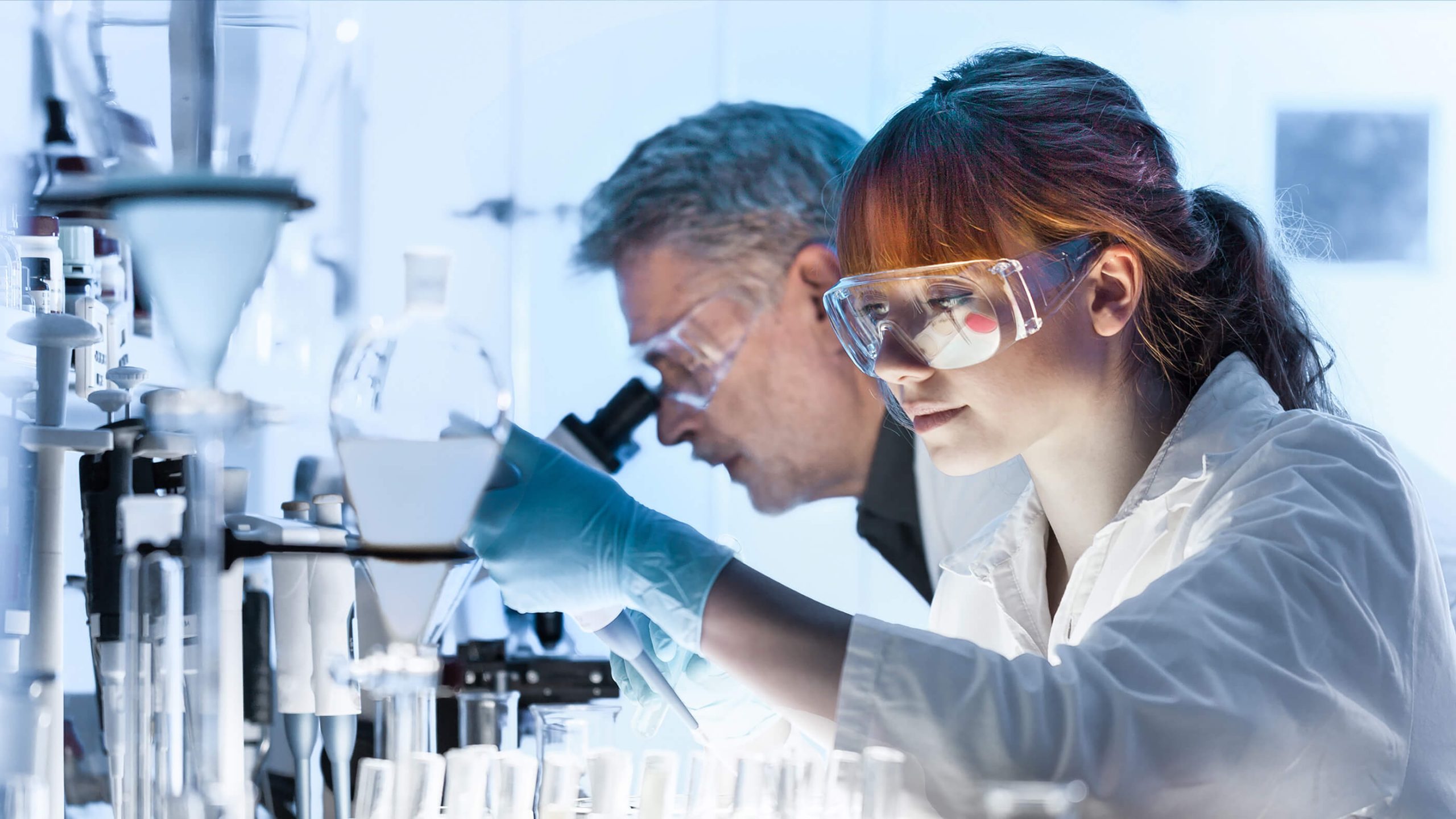Our collaborators have been integral to the development of antibody categorisations, providing essential expertise and insights to ensure the classifications are robust and scientifically accurate

João Barroso
João coordinates and conducts scientific and policy support activities in the area of alternative (animal-free) methods, including the identification and assessment of promising methodologies for regulatory and biomedical applications and their translation into EU legislation and international standards (e.g., OECD Test Guidelines, UN GHS). João also coordinates the ESAC, a scientific advisory committee of the European Commission responsible for conducting independent scientific reviews on non-animal methods and approaches. João is part of the group that wrote the EURL ECVAM Recommendation on non-animal-derived antibodies.
Animal-derived antibodies typically suffer from batch-to-batch variability and many show low specificity towards the target molecule. These problems can be easily solved through the use of non-animal-derived antibodies obtained by phage display technology. Their use will greatly improve reproducibility and relevance of scientific procedures and lead to more efficient and effective use of research funds. The Recombinant Antibodies & Mimetics Database is a great resource for end-users who will more easily identify high quality recombinant antibodies from different suppliers.
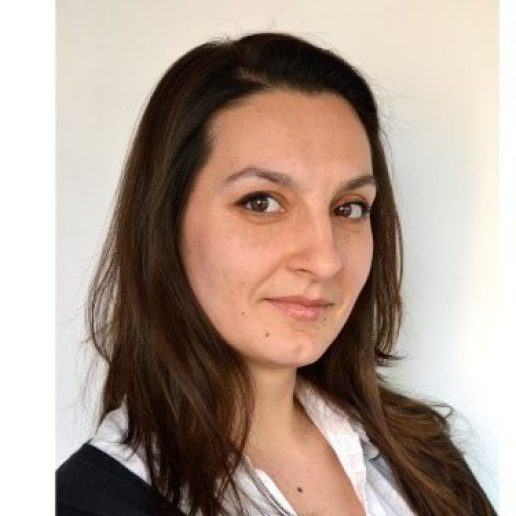
Doris Lou Demy
Doris Lou is coordinating a project of the FC3R to replace animal-derived antibodies with recombinant alternatives on histotechnology platforms in France.
Antibodies are among the most widely used animal-derived products in research, yet they raise both ethical and scientific concerns. Their production requires the sacrifice of approximately one million animals annually in the European Union, often involving procedures of ‘severe’ suffering. Moreover, these animals are not effectively utilized, as 50% of commercial antibodies either fail to recognize their target or lack specificity. At the FC3R, we advocate for the adoption of recombinant antibodies, a more ethical, reproducible, and reliable alternative. We have undertaken several initiatives to support French researchers in making this much-needed transition.

Michael Fiebig
Michael has developed the recombinant antibody catalogue at Absolute Antibody and many underlying technologies.
With the technology available today, there is absolutely no need for the continued use of animals for the manufacture of monoclonal antibodies. By manufacturing monoclonal antibodies recombinantly, in an animal-free and animal-component free manner, the highest degree of batch-to-batch reproducibility can be achieved, while antibodies can furthermore be tailored to experimental designs through antibody engineering.
I have supported the Recombinant Antibodies & Mimetics Database project from an early stage as I believe that by giving researchers the ability to search for novel binders, and recombinant versions of established monoclonal antibodies that have formed the backbone of life science research, we are giving them the ability to pick reagents that meet the highest quality and ethical standards.
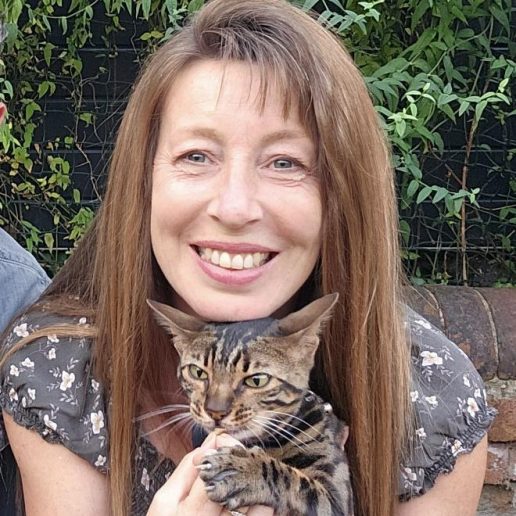
Alison Gray
Alison is the founder of the scientific organisation, AFABILITY, dedicated to replacement methods for antibody production and is an ad hoc member of the ESAC working group on affinity reagents, that advised the EURL ECVAM recommendation on non-animal derived antibodies. Alison specialises in antibody phage display at the University of Nottingham, UK, implementing antibody replacement methods to tackle the issue of accessibility by providing resources to the wider scientific community.
Moving away from animal-derived antibodies to more reproducible animal friendly affinity reagents (AFAs) will ultimately improve the quality of science and positively impact society. This first-of-its-kind database is a valuable resource that cuts through all the misused terminology and false claims, providing an unprecedented amount of clarity on the true source of AFAs and the components used in their production. This resource offers suppliers and end users an enlightening experience.

Susanna Louhimies
Susanna is responsible for the EU Directive on the protection of animals used for scientific purposes and horizontal issues in relation to scientific, educational and regulatory use of animals. She follows closely the implementation of the principle of the Three Rs (Replacement, Reduction and Refinement) in different policy areas.
Lack of awareness, availability and access to non-animal derived antibodies were identified among the key hurdles to the uptake of non-animal derived antibodies in the EURL ECVAM Recommendation. This initiative is most welcome as it directly addresses these barriers. Wide uptake and use of the Recombinant Antibodies & Mimetics Database will accelerate the transition to the use of animal-free affinity reagents, improve science and contribute towards the ultimate goal of full replacement as set out for the Union.

Stephanie Modi
Stephanie has a background in Molecular Biology and Clinical Biochemistry. She completed her PhD in London in uncovering the lymphatic physiology underlying breast cancer-related lymphoedema. Her interest in animal-free research led her to Animal Free Research UK where she has consulted with stakeholders from across the globe to help develop the Recombinant Antibodies & Mimetics Database.
The Recombinant Antibodies & Mimetics Database will make it much easier for scientists find the antibodies they want and also to understand how they were sourced and the methods used to develop them. The advantages in reproducibility, reliability and efficiency and cost as well as the ethical advantages in replacing animals will help drive their development, availability and affordability – ultimately enabling these affinity reagents to become the more reliable, advanced and ethical new standard.

Raphael Munoz-Ruiz
Raphaël is a cellular biologist at the University of Geneva. He completed his PhD at the Brain and Spine Institute and the Imagine Institute in Paris, France. His interest in animal-free research led him to join Professor Cosson’s team at the University of Geneva for a postdoc in 2020. He has since joined the ABCD initiative (AntiBodies Chemically Defined) that promotes recombinant antibodies in research as the Director of Operations at ABCD Antibodies.
I strongly believe the transition to animal-free recombinant antibodies is a pragmatic and efficient way to reduce the number of animals that are used in research. Equally important, it is also a scientifically superior alternative to traditional animal-derived antibodies (controlled production, high batch-to-batch consistency, long-term supply, enables antibody engineering). The Recombinant Antibodies & Mimetics Database is a useful initiative that will help the scientific community to move in the right direction.
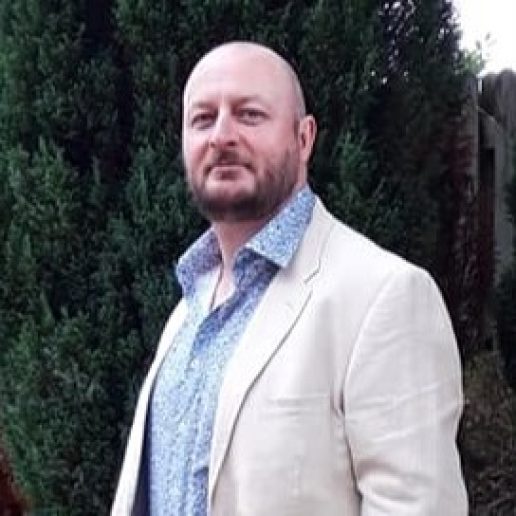
Nick Turner
Nick is a specialist in Molecularly Imprinted Polymers (MIPs) as alternatives to research antibodies. His team worked towards the application of these materials for trace biological and chemical analysis (Biosensing) as well as their application in protein function manipulation.
This database will be a key tool in allowing academic and industrial researchers to verify the providence of their antibodies and work towards an animal-free research future.

Esther Wenzel
Esther is an expert in animal-free technologies. She is co-founder and COO of the biotech company Abcalis GmbH that specialises in animal free antibody discovery and production and offers consulting to find solutions for animal-origin free work in laboratories.
The database marks a scientific breakthrough, providing researchers with reliable, high-quality alternatives that eliminate the need for animal-derived antibodies, accelerating innovation while enhancing reproducibility and ethical standards in research.
Our steering group members have made invaluable contributions to the development of this database, with their expertise playing a crucial role in shaping its foundation

Michael Cook
Michael’s research focusses on the design of next-generation thermoresponsive polymers with enhanced performance, adopting synthetic chemistry to generate novel materials and using synchrotron radiation to study nanostructure. His key interests include drug delivery and cell stabilisation.
It is our hope that this database will act as a catalyst for the adoption of these technologies, enhancing both convenience and accessibility to ultimately lead to better human-relevant science.
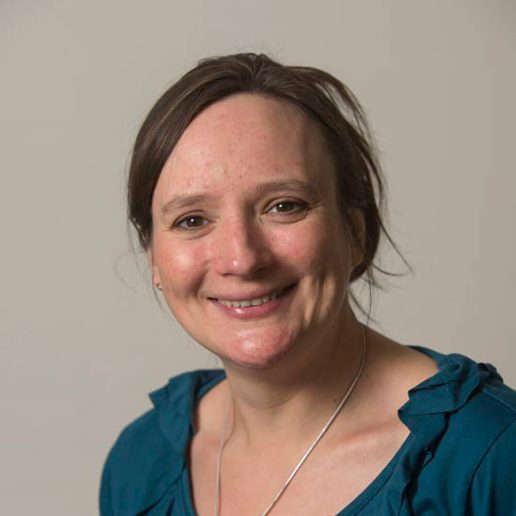
Lorna Harries
Lorna leads the RNA-mediated disease mechanisms group, and is a Co-Founder, Director and Chief Scientific Officer for SENISCA, a senotherapeutics spin out company built on research from the Harries team. Lorna has interests in omics approaches to the study of human ageing and age-related disease processes in people, and her work ranges from ‘big data’ analyses to detailed individual molecular analysis of particular genes.
This database is a big advance towards the facilitation of human relevant research. Sourcing animal-free antibodies can be difficult and antibody origins can sometimes be opaque. This resource will make it much easier for researchers to source appropriate antibodies for their specific research questions.
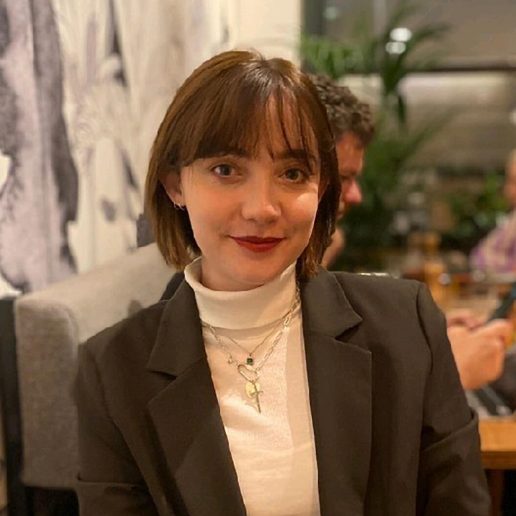
Niamh Haslett
During her undergraduate studies, Niamh successfully completed a research project as part of the Animal Free Research UK Summer School. After graduating from the University of Hertfordshire (UH) with a BSc (Hons) in Pharmaceutical Science in 2020, Niamh chose to continue her studies with a focus on utilising animal-free and computational methods in pharmaceutical research. Niamh is currently a PhD candidate at UH, part funded by Animal Free Research UK, looking to design and develop smart molecular sensors for the rapid detection of opioids, as an alternative to animal-based immunoassays.
This database will be a gateway into making animal-free antibodies the first and most logical choice for research activities. By facilitating access to and increasing knowledge about these wonderful tools, I hope to see them make a cultural shift to the mainstream.

Angray Kang
Angray specialises in recombinant antibody technology development and application. He has developed a novel platform to anti-drug antibodies following administration of therapeutic monoclonal antibody to patients and is developing and applying the assays in a range of diseases and conditions such as multiple sclerosis, haemophilia, rheumatology, IBD and Behçet’s.
In 1989 I was supported by the Humane Research Trust to cover some costs associated with visiting The Scripps Research Institute in La Jolla, CA to work on a project to pioneer antibody libraries and use recombinant techniques to isolate antibodies, initially by screening lambda phage and then building on George Smiths work on phage display. The field has advanced significantly over the past three decades and now animal-free antibodies are commercially available. The animal free part may be in the discovery part or in the production part. With this database researchers have a great way to search for the availability of these reagents.

Ann Lam
Ann’s global research collaborations aim to develop and advance human-based alternatives to animal research for prevention and therapy. Her work is helping create practical resources for researchers to evolve their methodologies into safer, more transparent, and effective medical science. She is spearheading the organisation’s efforts to advance new research strategies for understanding Alzheimer’s disease and other dementias.
It is undeniable that animal-free antibodies need to be applied at a larger scale to improve rigor and reproducibility. To do this, researchers need ways to search, compare, and identify the antibodies best suited for their experiments. This database will create a central hub to greatly increase the ease of access and advance the development of animal-free antibodies.
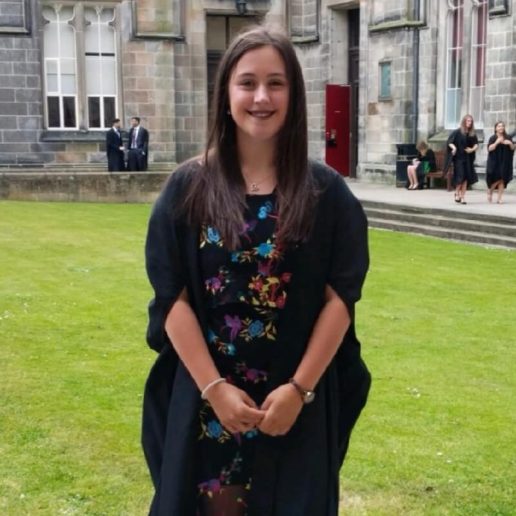
Kerri Palmer-Quinn
Kerri recently completed her PhD at the University of Aberdeen which was jointly funded by Animal Free Research UK and Breast Cancer UK. Her research focused on investigating how environmental chemicals may contribute to breast cancer development using animal-free models. Kerri is passionate about cancer prevention and animal-free research and has a key interest in the development of alternative systems to animal testing and New Approach Methodologies.
This database is a great initiative developed by Animal Free Research UK and provides an easy and effective way to identify specific antibodies derived using cruelty free methods. This new and exciting resource will be so important to help scientists already working in this space, and those who want transition to a more animal-free way of working.
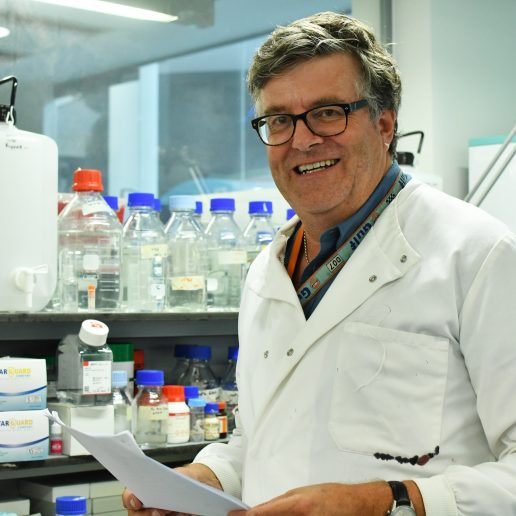
Mike Philpott
Mike is a specialist in the in vitro culture and growth of human hair follicles now referred to as the ‘Philpott model’. He was Centre lead for Cutaneous Research at QMUL from 2006 until 2015. His research has a strong emphasis in the 3Rs and in particular animal replacement. He currently directs the Animal Free Research UK centre of excellence within the Blizzard Institute.
I am often asked by fellow researchers how they can source animal-free antibodies and I often struggle to give them an adequate answer. This new resource will make it much easier for researchers to source appropriate antibodies for their research.
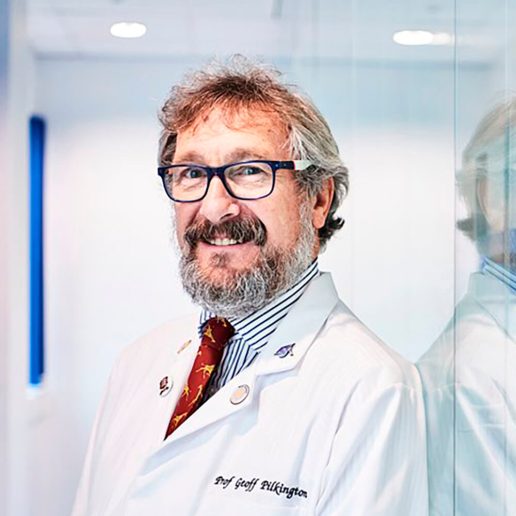
Geoff Pilkington
Geoff has spent his entire career in brain tumour research and champions the use of re-purposed and re-formulated drugs in the treatment of cancer to fast-track them into the clinic. He believes that animals in research are poor representations of human disease and so his research focus has been the development of 3D all human models for the study of brain tumours and the blood brain barrier.
The launch of this database represents a substantial move forwards into rendering the use of animal-free research more straightforward by not just identifying the existence and availability of a wide range of appropriate antibodies, but also engaging both scientists and the biotech industry in finding ways of widening the range of such important biomaterials in medical research.
Thanks are also extended to the Centre for Human Specific Research team for their contributions to the development of this database and also to Cape Biologix, Cell Signalling Technology and GeneTex for supplying the original testing data.

The Centre for Human Specific Research thank Pivotal Scientific for their support with the Recombinant Antibodies & Mimetics Database.
Visit the Pivotal Scientific website